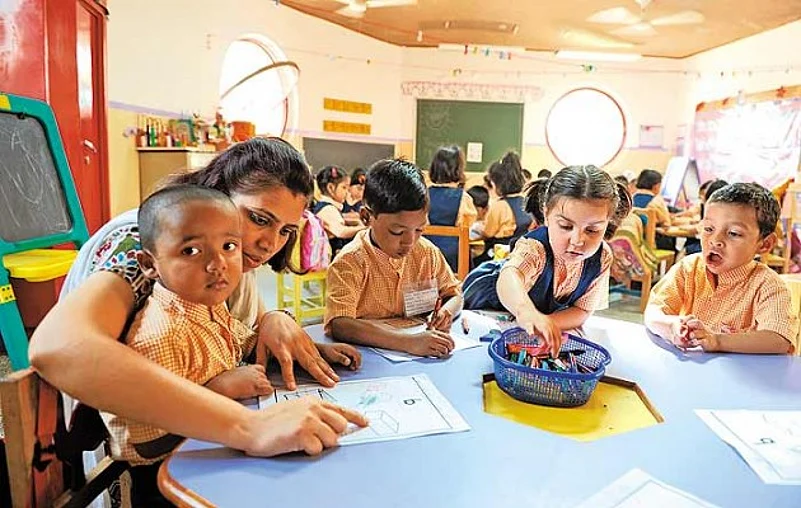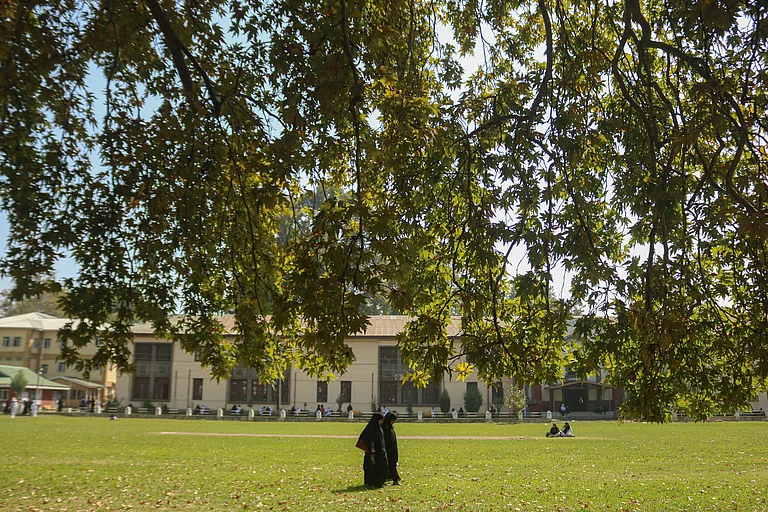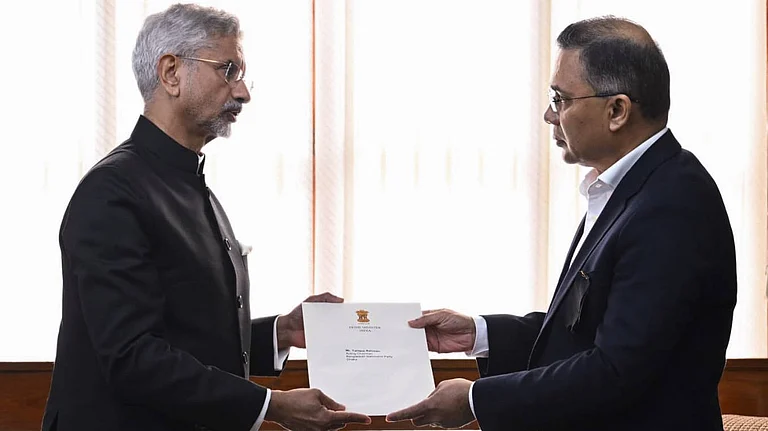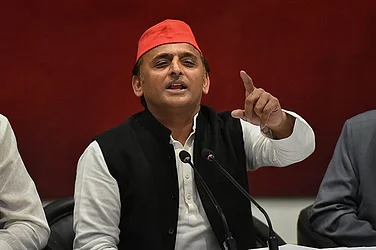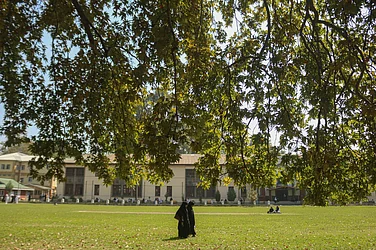Principals of schools in the national capital are not in favour of scrapping nursery admissions for next year in view of the COVID-19 pandemic even as the government maintains that no final decision has been taken yet in this regard. Usually, the process to enter children in nursery in around 1,700 schools in Delhi begins in last week of November.
The Directorate of Education (DoE) releases guidelines and schools are asked to furnish required information following which the application process is rolled out usually in December.
However, there has been no development on it this year.
According to a senior Delhi government official, since the schools have been closed since nine months due to COVID-19 and will remain closed till a vaccine is available, a whole year of online learning for small children seems unviable.
"The government has decided that schools will not reopen in Delhi till a vaccine is available. Even if they reopen, pre-primary students will be the last ones to start going to school. So, its unviable to enrol them for a year of online learning," the official said.
"However, no final decision has been taken in this regard and any move will be planned in consultation with schools only," the official added.
Reacting to the proposed idea, Alka Kapur, Principal, Modern School, Shalimar Bagh said, "I don’t think it would be too prudent to cancel nursery admissions in the coming year. By getting their children enrolled in schools, the parents can, at the very least, introduce them to formal education. Even if they cannot attend the schools physically, they will have the option to learn online".
"The pandemic has made it quite evident that we will be relying on technology for disseminating education in the future, and the sooner children are introduced to this hybrid way of teaching, the better they will fare in the long run."
"Also, with the vaccine, things may begin to improve soon. Imagine if the pandemic begins subsiding by the June–July 2021, the entire year would go a waste if the nursery admissions are cancelled," she said.
According to Sumedha Goel, Director, The Shri Ram Wonder Years, Rohini, scrapping the nursery admissions may not be a great step.
"The growth of the children can suffer. Giving a halt to their growth for a year can be a setback to their holistic development. E-learning has emerged as the powerful tool to impact education even during this pandemic. Our teachers have various platforms and methods now to impart knowledge virtually. As per the response of the parents, the online methods have so far been successful," Goel said.
"Therefore, the decision to not make the children of nursery come to school will be better than scrapping the admissions of nursery," Goel said.
Seema Kaur, Principal, Pacific World School, said, "It is not an advisable decision as doing away with schooling completely at a foundation level might only lead to an increase in the learning gap as school provides an environment for children to explore, gain a sense of self, interact and play with peers and build self confidence. Also, it is a known fact that 90 per cent of the child’s brain develops during this age group".
"Students who are eligible to take admission in Nursery in 2021-22 have never been to a play school and considering the pandemic it is quite likely that they have not developed the social and emotional skills that a child of grade nursery has."
"Hence, it will be extremely challenging for students to adapt to the school environment when schools open physically. Even if schools open physically by July, effective online classes will bridge the learning gap and will help the students of Nursery to be ready for school,” she said.
Manit Jain, Co-founder of The Heritage Schools, believes it will be extremely traumatic for the families who have children going to nursery next year as they will have to rely on pre schools or take the decision of providing no education to their children for the a year.
"A gap in the child’s education is not recommended at this stage, as it is absolutely essential for the children’s cognitive development and will lead to substantial gaps. Secondly, it will be challenging for the parents to make arrangements at this time or to seek education from preschools with teachers and staff who may not have the expertise to provide the children the support and resources that they need at this stage," he said.
"Thirdly, for the schools, it will add additional financial stress. What will the teachers for these grade levels do? This is in addition to an already difficult situation where the government has not approved fee increases in the last 3-4 years," added Jain who is also Chairman of FICCI ARISE, a collegium of stakeholders aimed at promoting quality education.






